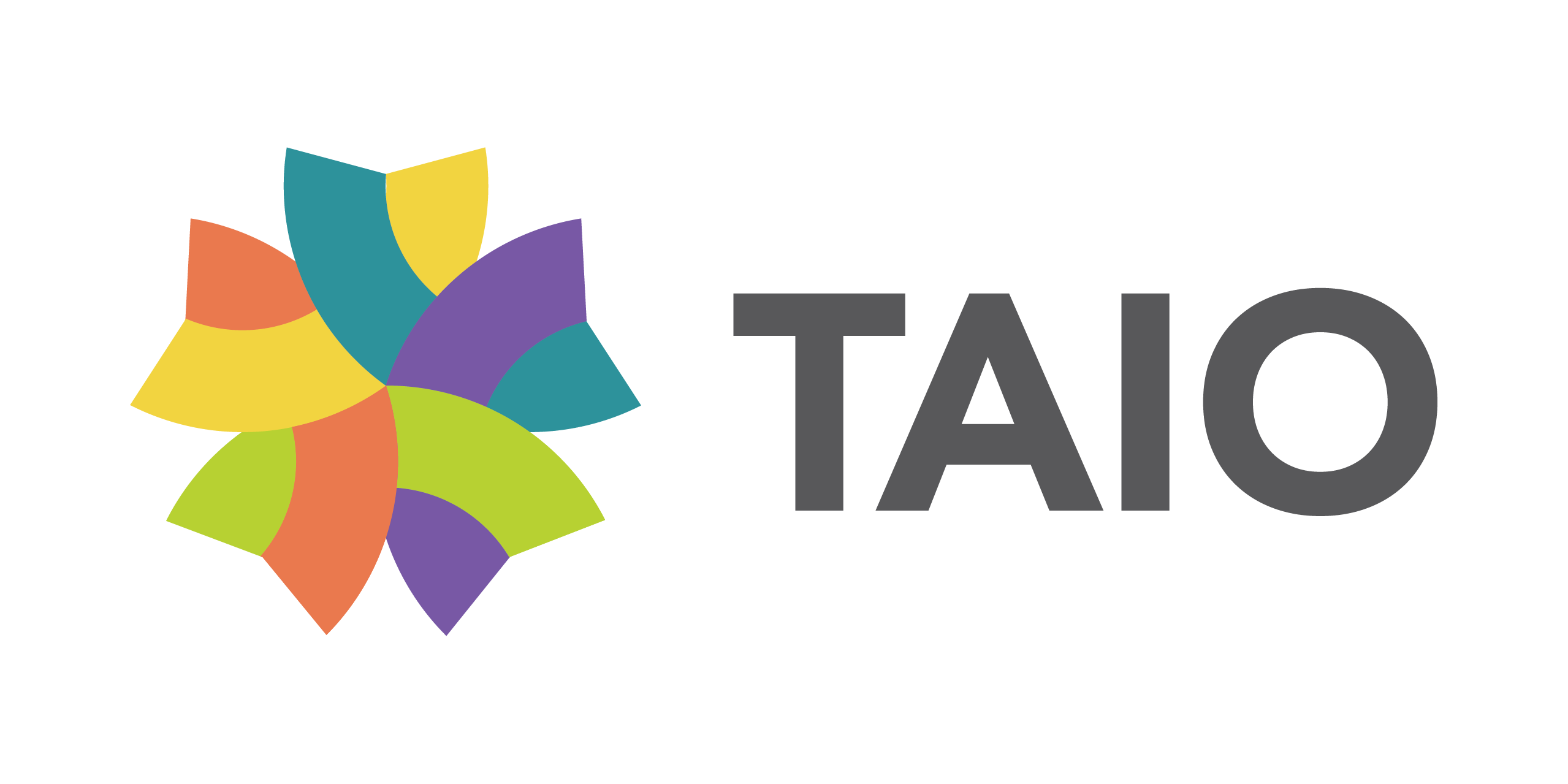What if your biggest compliance risk isn’t in the care you give, but in the orders you can’t track?
Order management specialists convert orders into billable actions, keeping your team on track and your payments on time. When it’s weak, visits are postponed, claims get denied, audits are triggered and revenue suffers.
An effective order management reinforces accuracy, protects compliance and keeps operations running smoothly. With the right strategy and outsourced support, you can close gaps and scale your agency without sacrificing control and patient care.
On this page
Key Takeaways
Order management specialists ensure that every physician order translates into actionable, billable care. From validating visit requests to coordinating medication and supply approvals, they keep clinical workflows aligned and documentation compliant.
Weak order management exposesagencies to costly delays and regulatory risk. Incomplete or untracked orders can stall visits, lead to denials and increase the likelihood of audits, directly impacting patient care and revenue.
Outsourcing this role provides structure, consistency and room to scale. With the right partner, agencies can strengthen compliance, streamline operations and reduce administrative strain, without expanding internal headcount.
Home Health Care Order Management Specialists: What Do They Do?
Order management specialists are essential links between clinical directives and operational execution.
They ensure that every order is accurate, complete and compliant so your care team can proceed without delay and your billing process can run smoothly.
Day-to-day responsibilities include:
- Validating orders. Carefully review and verify every physician order for visits, medications, supplies and services to ensure all required details are present.
- System entry and tracking. Enter orders into electronic systems, update records in real time, and maintain documentation according to regulatory standards.
- Coordinating follow-ups. Liaise with clinicians and administrative teams to resolve discrepancies, secure missing information and confirm order approvals.
- Compliance oversight. Monitor orders to guarantee adherence to relevant health care regulations and payer requirements, minimizing the risk of denials and audits.
Although this role can look purely administrative from the outside, it is a high-leverage function that affects your entire operation.
What starts as a missing field or an unsigned order can set off a chain reaction:
- Nurses can’t proceed with visits.
- Claims are blocked.
- Revenue tightens.
- Compliance risk escalates.
Everything slows down, and leadership pays for it.
What Happens When Order Management Is Done Poorly
Order management impacts your entire operation. It provides visibility into the systems, workflows and teams affected by every order. Understanding that allows you to identify pain points, fix delays and improve performance..
Here’s where order management shows up in your day-to-day operations:
|
Impact Area |
With Strong Order Management |
With Poor or Incomplete Order Management |
|
Patient Care |
Nurses proceed with clear, validated orders. |
Visits are delayed or canceled due to missing/incomplete orders. |
|
Billing & Claims |
Orders are audit-ready and billable, reducing delays and denials. |
Claims are rejected or flagged for inconsistencies. |
|
Compliance |
Orders align with payer and regulatory requirements. |
Gaps in documentation trigger audits and put licensing at risk. |
|
Operations |
Orders are tracked, followed up and escalated as needed. |
Staff are left chasing signatures, updates and missing details. |
Order management isn’t isolated to one department. It threads through intake, clinical coordination, DME, authorizations, billing and even patient satisfaction. When it runs efficiently, the rest of your operation does too.
Let’s break down the five core functions of order management and how each affects the way your agency runs.
Manage Data Entry and EHR Systems with Advanced Technology
Order management specialists handle the entry, updating and ongoing accuracy of all physician orders across EHR systems. This work goes beyond typing notes and involves controlling the flow of data your agency depends on.
They also implement data integrity checks, resolve discrepancies and ensure orders reflect exactly what was prescribed and authorized.
Actionable tip:
Minor EHR errors = major compliance risks.
Run quarterly checks to keep orders clean and compliant.
Verify Orders and Ensure Compliance and Support Medical Billing
Specialists verify that orders are accurate, complete, signed and tied to a legitimate plan of care, all while ensuring alignment with CMS, payer and state-level regulations.
They investigate, confirm and clarify before orders move to the next stage of care or billing.
What can go wrong:
An outdated order slips through, even after the care plan was revised. Acting on the wrong version can lead to non-billable visits, documentation conflicts and serious compliance exposure.
Coordinate and Communicate with Stakeholders
Specialists are the control point between departments: verifying details, pushing updates, clarifying requests and making sure no one’s left guessing.
They track every order from initiation to completion, resolve gaps, update systems and align teams in real time. When communication fails, they step in. When documentation is delayed, they get it moving.
What’s the cost of poor coordination?
In 2022, CMS reported a 10.2% improper payment rate for home health claims, equal to $1.8 billion in lost or at-risk revenue caused by documentation errors, communication breakdowns and certification issues.
Enhance Quality Assurance, Optimize Business Process and Protect Cash Flow
Strong order management specialists look at how orders flow through the agency and work to make it cleaner, faster and safer.
They continuously evaluate each stage to:
- Identify frequent error points
- Eliminate unnecessary handoffs
- Simplify workflows
Pro tip:
Track order delays for 30 days.
List why each one gets delayed, and you’ll uncover process gaps efficiently.
Resolve Conflicts and Advocate for Patients in Home Health Care
Order-related conflicts happen regularly. A physician might delay signing, a nurse might flag an inconsistency or a family might push back on an unexpected change in care.
Order management specialists step in as neutral problem-solvers, clarifying details, managing expectations and protecting compliance while keeping care moving. They bring diplomacy, documentation and decisiveness to every interaction. The result? Resolved tensions, stronger alignment across teams and stronger patient trust.
Tool you can use:
Order status dashboard – A live, shared tracker (built in Excel, Google Sheets or inside your EHR) that shows each order’s status, owner and blockers in real time. When timelines slip or tensions rise, teams can see the same facts at once, improving responsiveness and filling the gaps your EHR can’t.
What to Look for in a Home Health Care Order Management Specialist?
Hiring the right specialist must not only fill a role but also smooth workflows, shorten delays and keep care on track.
Here’s what separates qualified specialists from exceptional.
What You Think You Need vs. What Matters in an Order Management Specialist:
|
Criteria |
Minimum Requirements |
What to Look For |
|
Experience & Education |
3–5 years in healthcare admin; bachelor’s in Health Admin, Nursing or similar |
Has hands-on experience in home health order flow, with a track record of shortening turnaround times or fixing workflow issues |
|
Certifications & Regulation |
CPHIMS, CHDA or equivalent; basic HIPAA/Medicare knowledge |
Uses certifications to anticipate audit risks, ensure CMS alignment and close compliance gaps before they cost you |
|
EMR & Data Management |
Familiarity with common EMRs (e.g., WellSky, Axxess) |
Audits data for accuracy, flags inconsistencies and leverages systems to improve order visibility and billing outcomes |
|
Communication & Conflict Resolution |
Can speak clearly and follow up on orders |
Liaises between teams, resolving issues, clarifying delays and keeping care moving |
|
Adaptability & Tech Savvy |
Can learn new platforms and updates |
Proactively adapts to regulatory shifts or new tools without waiting for someone else to prompt them |
Expert tip:
Ask applicants to walk you through the last time an order got delayed. What caused it, how they diagnosed the issue, who they coordinated with and what they did to get it moving.
This question tells you two things:
- Reveals ownership – If they can’t speak clearly about timelines, blockers or follow-throughs, they likely weren’t leading the resolution.
- Exposes systems thinking – You’ll see if they understand upstream/downstream impacts, how they work cross-functionally and whether they solve root problems or just hunt signatures.
Order Management Specialist Cost: Rates, Outsourcing Options and the Right Fit
Rates vary based on skill level, systems knowledge and how hands-on you want to be. It also depends on who you hire, how much support you need and how complex your order workflows are.
Below, we’ll walk through what drives those rates and your hiring options, and help you decide which setup gives you the strongest return.
What Drives Order Management Specialist Rates in the Health Care Industry?
The following factors have the biggest impact on what you’ll pay:
Experience and Specialization
Specialists with deep knowledge of home health operations, payer rules and EMR systems will cost more, but they also need less oversight and fix problems faster.
Technical Proficiency
Proficiency in systems like Homecare Homebase, WellSky or AlayaCare adds value. If they can audit, report and optimize inside your EHR, you’re not just paying for order processing, you’re paying for process improvement.
Compliance Knowledge
Those trained in CMS rules, HIPAA and state-specific mandates reduce risk. These aren’t skills you want to bargain-hunt.
Location and Hiring Model
U.S.-based specialists command higher hourly rates ($35 to $60/hr), while global talents (often through agencies) range from $12–$30/hr depending on specialization and coverage hours.
Scope of Work
If you’re hiring someone to handle full-cycle order management (intake to billing handoff), expect to pay more if they focus on tracking or verification alone.
Outsourcing Options: Freelancer vs. Agency for Health Care Providers
When your clinicians are drowning in documentation and your in-house team can’t keep up with note reviews, errors can easily slip through. Outsourcing can be a way to stabilize quality, shorten delays and take pressure off your clinical staff without compromising accuracy or compliance.
The right setup depends on how much support, control and long-term consistency your operation requires.
Here’s a comparison table you can refer to:
|
Criteria |
Freelancer |
Outsourcing Agency |
|
Cost & ROI |
Lower base rates and flexible terms May require more oversight, which can add hidden time costs |
Higher upfront costs Includes structured support, which can drive long-term ROI through fewer delays |
|
Expertise & Support |
Can bring deep individual expertise, especially if niche-focused Quality, availability and commitment can vary |
Offers a team with layered experience and built-in support Less variability, but may be less tailored to your specific setup |
|
Workflow & Tools |
Adaptable to your systems and workflows May need more time to ramp up without formal processes |
Comes with standardized processes and tool familiarity Faster onboarding, but may require slight workflow adjustments |
|
Compliance & Accountability |
You oversee compliance, documentation and QA Good for teams that want close control |
Compliance oversight and QA are handled by the agency Good for teams that want to offload those functions |
What’s the Best Hiring Option for Your Home Health Agency?
The best setup depends on your internal capacity, your tolerance for oversight and how much you want to build in-house versus offload.
- Go with a freelancer if you want flexibility, are okay with hands-on oversight and have someone internally who can manage the process day-to-day.
- Go with an outsourcing agency if you need continuity, shared accountability and a plug-and-play team that scales with your needs.
Bottom line:
- Freelancers work best when you can provide the structure.
- Agencies work best when you need the structure provided for you.
The best fit is the one that supports your team, keeps orders moving and reduces friction in your workflows.
If you’re exploring outsourcing, make sure the support fits your structure and not the other way around.
Strong Systems, Skilled Specialists, Better Home Health Care
“A bad system will beat a good person every time.”
W. Edwards Deming Tweet
A strong system is what holds your agency together. However, even the best processes fail without the right people in key roles. That’s where a skilled home health care order management specialist becomes indispensable.
Order management specialists ensure every physician order is accurate, complete and compliant, preventing delays, reducing errors and keeping patient care on track. By assigning responsibilities to qualified applicants trained for home health care order management, you create a backbone for your agency that keeps workflows smooth and revenue cycle management efficient.
Key ways a specialist strengthens your system:
- Map process flows to catch gaps and prevent tasks from falling through.
- Formalize handoffs, documentation flows and SOPs for consistent execution.
- Keep teams updated on regulations, medical billing and advanced technology.
With the right specialist, accountability is clear, execution is reliable and high-quality care becomes sustainable.
Get order management right, and what follows is trust, because patients don’t recall the process; they remember what arrived and what didn’t.

Frequently Asked Questions
Outsourcing doesn’t mean giving up control over patient care; it extends your capabilities and strengthens your home health care operations. Reputable home health agencies train order management specialists to follow your specific protocols, EMR systems and compliance requirements. Through advanced technology, outsourced teams integrate directly into your workflows, maintain active communication with administrative staff and provide full access to every order, escalation and documentation.
With the right outsourcing partner, you stay fully in charge while reducing administrative burdens, improving financial performance and ensuring your organization is responsible for care outcomes. The added assistance helps you save money, increase efficiency and give your team the ability to focus on patients instead of paperwork.
Yes. Outsourcing reduces overhead costs and streamlines business processes compared to hiring in-house, where you must cover benefits, PTO, onboarding and training. With the right outsourcing partners, you access specialists with expertise in medical coding, order management and revenue cycle management. These professionals optimize the revenue cycle, improve operational efficiency, and support high-quality care without the HR burden. Outsourcing provides structured solutions for health care providers, ensures access to skilled talent and keeps your organization responsible for smooth workflows.
This approach boosts financial performance, minimizes delays in billing and claims, and delivers faster reimbursements that directly benefit clients. By lowering costs, saving money and increasing efficiency, outsourcing strengthens your ability to manage both compliance requirements and patient satisfaction while improving cash flow.
Choose agencies experienced in home health care order management specialist roles, familiar with health care industry standards and skilled in advanced technology platforms like WellSky, AlayaCare or Homecare Homebase. Top agencies help health care providers streamline operations, reduce administrative tasks and track key performance indicators. They offer structured solutions for cross-functional teams, provide access to reporting dashboards and ensure your organization is responsible for maintaining high standards in service delivery.
Tip: Ask for success stories or examples of how outsourcing revenue cycle management has improved patient care, provided high-quality care and helped clients adapt to regulatory changes. Look for agencies that also understand the complexity of customer orders and how they affect overall workflows.
Done right, outsourcing improves regulatory compliance. Order management specialists trained on HIPAA, CMS and state-level rules ensure every order is verified, track patient data and escalate issues before they delay service delivery or billing. Outsourced specialists protect patient care, support home health agencies and maintain accurate documentation while safeguarding revenue cycle management. They provide solutions, grant access to essential records and help your organization stay responsible while enabling health care providers to make informed decisions.
Tip: The right partner helps you ensure timely processing of orders, keep customers satisfied, and stay up to date with the healthcare industry. This method strengthens compliance and leads to better health outcomes for patients.




